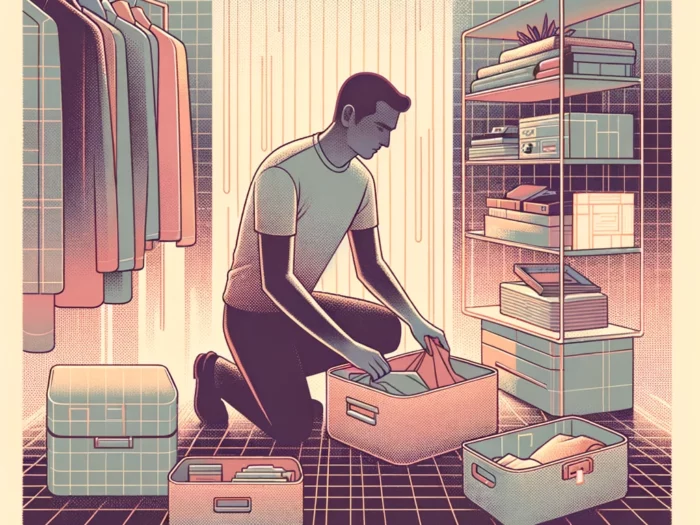Being creative is not always easy. Practicing a lifestyle that fosters creativity is simple. Highly creative people have some things in common. I’ve struggled with creativity at times, but I’ve discovered what many other creatives know. There are some simple habits that keep the creative juices flowing.
There are plenty of books and articles about the habits of creative minds. One of the most visited articles on the Internet on creative minds, 7 Habits Of Highly Creative Minds, includes the following traits:
- Learn something new every day
- Connect the dots
- See the potential and make a list
- Don’t shut the door on creativity
- Keep a broad perspective
- Say “no” a lot more than you think
- Share your “aha” moments
I agree that these and many other traits are important to fostering creativity. A couple of these traits also make it onto my list, but I want to focus on some other simple habits that can foster creativity. Anyone can be creative if they choose.
Creativity Starts With Blank Page
If you want to become more creative, you might need to start by taking a few things out of your life. Sometimes less is more. Let’s get started:
- Start with a clean space: Don’t be afraid of the blank page. Every book started with a blank page. Every great artistic masterpiece was once only an idea in the artist’s mind. A clean space gives you plenty of room to create. I’ve found that I’m far more creative when I keep my space clean. Be willing to stare at the blank page for awhile.
- Say no to clutter: I know people who claim they don’t have a creative bone in their body. When I delve deeper into their situation, I discover it has less to do with bones and more to do with priorities. We live cluttered lives. Say no to the things that distract you from having the time and place for creativity. A little bit of TV, Internet, radio, and a plethora of other distractions can give you ideas. Too much of any of these things will waste your time and kill your creativity.
- Don’t believe in failure: I used to think that an incomplete song or a half-written book was a sure sign of failure. I’ve discovered that’s simply not true. Before I published my first book, A Train Called Forgiveness, I wrote two completely different drafts of the story. At first, I thought the early drafts were miserable failures. Later, I discovered the power of practice. The early drafts were practice. I was becoming a better writer. I was learning the craft.
- Let go of perfection: You’ve heard the saying, practice makes perfect. I say bullshit. It took me years to figure that out. Once you let go of the concept of failure, you’ll also discover that there is no such thing as perfection. If you’re always pressuring yourself to paint the perfect painting or write the perfect composition, it will never happen. Accept your best and move on. If you know a work is not up to par, you can reevaluate or even can it. But remember, little imperfections are what make great works.
- Don’t sit and wait: Have you ever felt like banging your head against the wall because you weren’t coming up with the creative project you wanted? Don’t push yourself too hard. Let go of the pressure. When ideas won’t come to me, I stop trying. I don’t sit and wait. I get active. I exercise. I go out into nature. I go out with friends. I observe the things around me. I go to a movie or listen to some new music. Sometimes someone will say something simple that will spur on an idea. I’ve had several “aha” moments while listening to the sermon at church on a Sunday morning.
- Imitation is okay: You don’t have to create an absolute original work in order to be creative. Great artists start by learning the basics. They reproduce what they see. As a songwriter, I’ve written dozens of songs based on other great songs. I used to beat myself up over not being original. Recently, I discovered that all my imitation of other songwriters has led me to becoming a great songwriter in my own right. I’ve developed my own unique style and voice by imitating others.
- Keep it simple: In everything you do, try to strip things down to their simplest form. The more simple you keep the book, the easier it becomes to write. It will also be easier for your readers to read. The greatest popular songs of all time are not great because they are complex compositions. They’re great because they have simple chord progressions with memorable melodies and words. A single rose produces a stronger effect than several dozen roses.
Find Your Creativity Today
Now that we’ve discussed some of the things that may limit your creativity, I encourage you to follow your dreams. Don’t let yourself believe you’re not creative. Just give yourself the time and space to create.
Learn more about creativity. Take a moment to check out my other site: Dan Erickson













